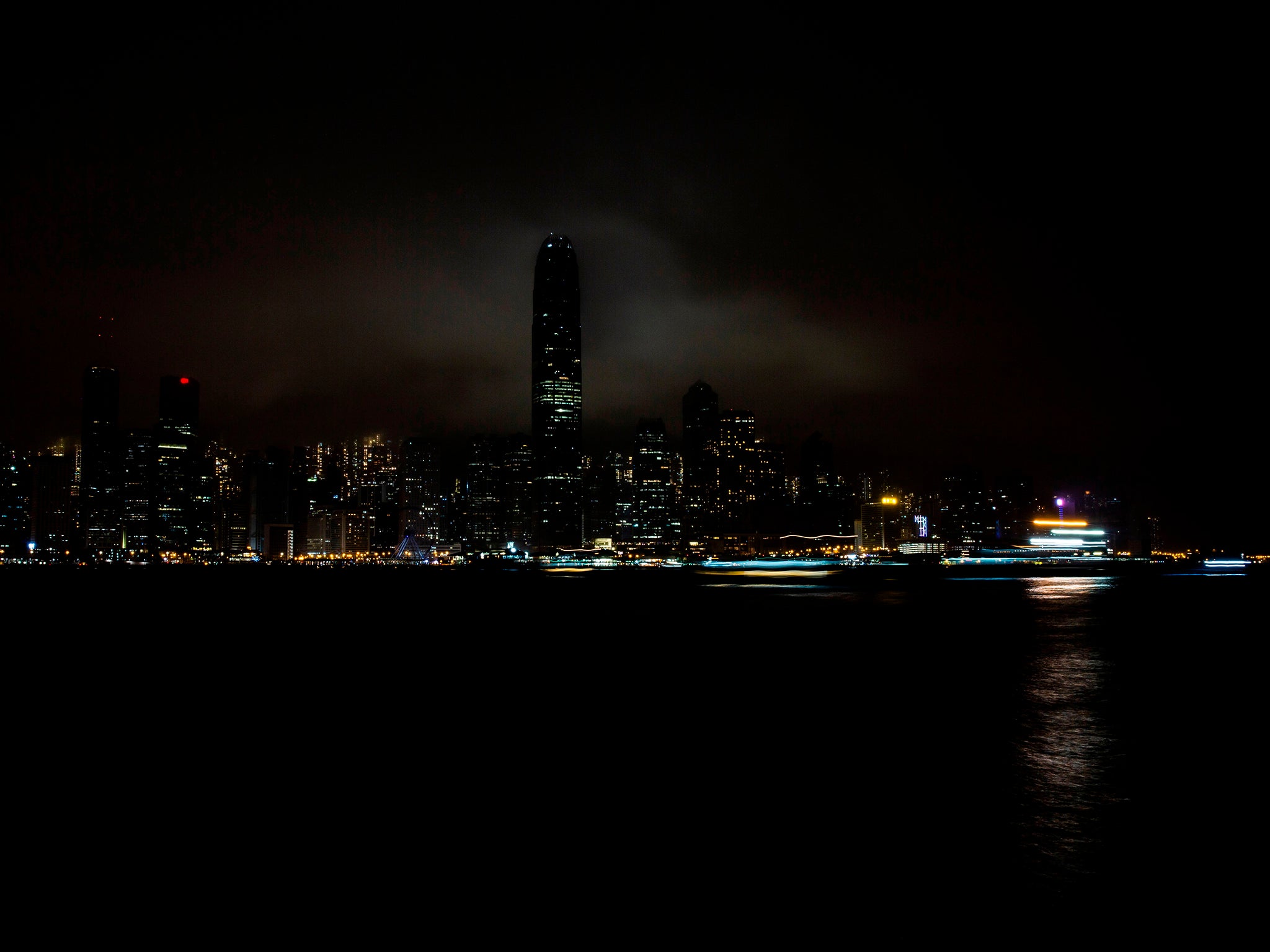Millions to switch off lights for ‘Earth Hour’
International event encourages people to 'symbolically stand in solidarity' with each other

Your support helps us to tell the story
From reproductive rights to climate change to Big Tech, The Independent is on the ground when the story is developing. Whether it's investigating the financials of Elon Musk's pro-Trump PAC or producing our latest documentary, 'The A Word', which shines a light on the American women fighting for reproductive rights, we know how important it is to parse out the facts from the messaging.
At such a critical moment in US history, we need reporters on the ground. Your donation allows us to keep sending journalists to speak to both sides of the story.
The Independent is trusted by Americans across the entire political spectrum. And unlike many other quality news outlets, we choose not to lock Americans out of our reporting and analysis with paywalls. We believe quality journalism should be available to everyone, paid for by those who can afford it.
Your support makes all the difference.Millions of people around the world will turn off their lights on Saturday for Earth Hour, an international event which encourages everyone to protect the planet.
Started in Australia in 2007, the environmental movement Earth Hour asks households and landmarks across the globe to switch off their lights.
The event, organised by the conservation charity WWF, takes place throughout Saturday, with buildings going dark between 8.30pm and 9.30pm local time in each country.
The WWF is not promoting public gatherings because of the coronavirus pandemic, but wants supporters to join in at home through online events.
Earth Hour wrote on its official Twitter page last week: “At its core #EarthHour has always been about the power of the people.”
“During these times, whilst we may not be able to get together in person, we can still symbolically stand in solidarity with millions of others across the world from the comfort of our own homes,” the post added.
It is thought that more than 7,000 cities in 170 countries took part last year.
The Shard in London, Blackpool Tower and Old Trafford in Manchester are among the buildings expected to turn off their lights in the UK to mark this year’s event.
Katie White, executive director of advocacy and campaigns at WWF-UK, said: "These are really unprecedented times, and I know a lot of people are looking for ways to connect and feel connected.”
"In this global health crisis, now is a pivotal time for us to work together to safeguard our future and the future of our planet,” she added.
Additional reporting from PA
Join our commenting forum
Join thought-provoking conversations, follow other Independent readers and see their replies
Comments